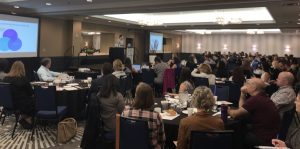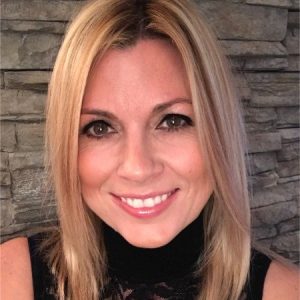Conference helps optimize higher ed marcomm expertise
By Sharon Aschaiek | April 3, 2019

Higher education institutions have to work harder than ever to differentiate themselves and stay competitive.
Fierce competition, tightening operational budgets, rising tuition fees, declining enrolment and completion rates, inadequate government funding and even the rise of anti-intellectualism in some corners can all create challenges for how effectively universities and colleges can attract and retain students, not to mention faculty members, industry partners and funding.
PSE marcomm skill building
Professional communicators, marketers, recruiters and others in advancement roles play a big part in helping their schools succeed. One way to bolster these expertise and contribute more to your school is by attending the 3rd Annual Marketing & Communications for Post-Secondary Conference. Taking place April 29 to May 1, 2019 in Toronto, Canada, the conference covers the latest trends, strategies and tactics when it comes to effective communications in the higher ed space.

“We have chosen a diverse range of topics to help communicators and marketers in a variety of roles and departments in post-secondary develop their knowledge and skills,” says organizer Renee Summers, owner of SummersDirect Conference & Events and former director of marketing and communications at Keyano College in Alberta, Canada. “The value of the sessions is that they address issues relevant to what our audience members are going through at their institutions.”
Diverse topics
The conference will include presentations on topics such as:
- the fundamentals of PSE branding
- tips and tricks to using Instagram
- brand journalism in higher education
- better engaging international students
- Streamlining social media channels
Two optional post-conference workshops on day three will cover the following subjects:
- updated email communication strategy for higher ed institutions
- maximizing linkedin for PSE marketers
Case studies
Last year’s conference attracted 140 people—up from 75 the previous year—from more than 100 schools across Canada. Summers says the feedback was overwhelmingly positive, and included appreciation for learning about the actual experiences and successes of other institutions.
They will learn about case studies, best practices and lessons learned at other schools, and gain insights on how to implement it at their institutions,” Summers says. “It provides a great benchmark of where you are with your own work, and it’s also a great networking opportunity.”